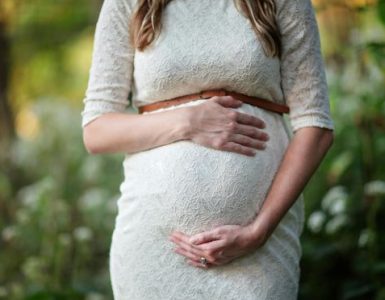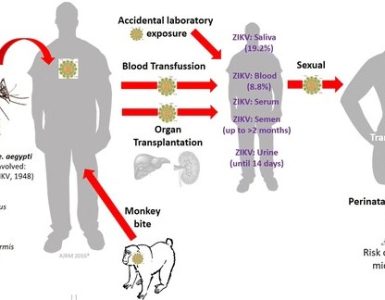 Millions of people have been vaccinated for swine flu since the first outbreak in 2009. Pregnant women are among the high-risk groups strongly encouraged to receive the H1N1 vaccine.
Millions of people have been vaccinated for swine flu since the first outbreak in 2009. Pregnant women are among the high-risk groups strongly encouraged to receive the H1N1 vaccine.
A new study in the Journal of the American Medical Association (JAMA) shows infants exposed to the vaccine before they were born did not have an increased risk of birth defects or pre-term birth.
The authors in Denmark compared infants and mothers who had vaccine exposure to those who did not. Of the 50,000 infants and their mothers, 7,000 had vaccine exposure, about 13 percent.
At the same time, personal stories of people who got sick after receiving H1N1 vaccine are plentiful on the Internet.
Among the feared risks is Guillain-Barre syndrome, an often reversible but sometimes deadly, nervous system disorder. Another research paper printed in JAMA said the latest version of the vaccine is linked to a small increase in Guillain-Barre. Over a six-month period, 83 confirmed GBS cases were identified. The disorder showed up four-to-eight weeks after vaccination and mostly in people over the age of 50.
“Actually we don’t know why it occurs,” said Baylor Dallas infectious disease specialist Dr. Cedric Spak, who points out that there are several conflicting studies on the link.
He cautions that the two-in-a-million risk should not top anyone from getting a flu shot, especially women at high risk of complications from flu.
“So for me to see a patient who says, ‘I’m pregnant, and I don’t want to get the flu, but I don’t want to get Guillain-Barre, so I’m not going to get the flu shot,'” Dr. Spak said. “Well, then that woman is actually playing with her life, because the flu shot has been shown time and time again to save that woman from the flu. It has never been actually proven to show Guillian-Barre.”
H1N1 is included in this year’s flu shot cocktail. The World Health Organization is also recommending two other strains, different from last year’s seasonal shot: the type A/Victoria/361/2011 (H3N2) will replace A/Perth/16/2009 and the type B/Wisconsin/1/2010, will replace the B/Brisbane strain.
Source: KVUE.com

















